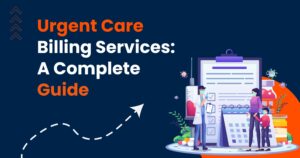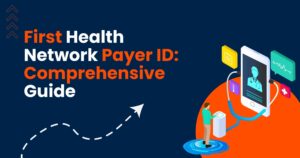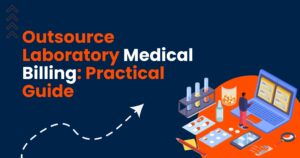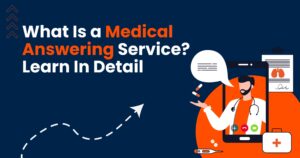Health data is no less than a treasure for hackers; keeping it safe and private is necessary for your healthcare business. Digital data transmission with the rising trend of remote patient monitoring (RPM) makes your data more vulnerable to data breaches.
Implement stringent security measures to protect invaluable data and never risk the invaluable trust of your patients. Prioritize data security with encryption, robust access controls, and secure storage solutions, ensuring compliance with HIPAA regulations.
Why is Data Security for RPM?
Data security is important because healthcare professionals share a lot of information through it. Implementing the required security measures keeps your information private and safe. If bad actors get access to it, they can misuse it in dangerous and harmful ways. These malicious practices can impact patients’ health and your business. They can do some criminal activities such as identity theft, medical fraud, blackmail, or further selling your data.
How Does RPM Create Convenience?
Sometimes situations occur when health professionals can not visit patients. But, offering health assistance is vital for health improvement. Thanks to remote patient monitoring (RPM), you to provide consultation services without visiting them physically.
RPM consists of innovative tools, such as fitness bands, special sensors, and phone applications, which simplify monitoring procedures. These tools can provide vital information about a patient’s health condition, such as their heart rate, blood pressure, or sugar level. Thus, you can monitor your patients and show care even if you are miles away.
Data Security: A Shield Around Your Data
Advanced digital security strategies create a strong defense against cyber attacks, protecting RPM from threats. Let us discuss some essential strategies:
Locking up essential data
Encryption locks your data and restricts access from unauthorized access. It also protects your data from attackers through interception and tampering. Not anyone can access your data without a description key. Moreover, the use of the advanced encryption standard (AES) prevents your data from being compromised.
Managing access
Access control works like a security guard, ensuring only the right people can access your data. It restricts access to sensitive information based on who needs it—such as doctors or nurses—so unauthorized people can’t access it.
Regular audits
Regular audits are essential to ensure the smoother functioning of data protection systems. At the same time, identifying loopholes before hackers get an eye over them. Fix it in time before it damages your organization.
Adding extra protection
MFA adds another layer of protection by requiring more than just a password to access your data. It could involve entering a unique code or scanning your fingerprint, making it harder for hackers to break in even if they know your password.
Conclusion
Data security is like a protective shield around health data and RPM systems. It keeps information safe from hackers, ensures only the right people can access it, and helps prevent disruptions in care. By using these security measures, healthcare organizations can build trust with patients and ensure their data remains private and protected.





